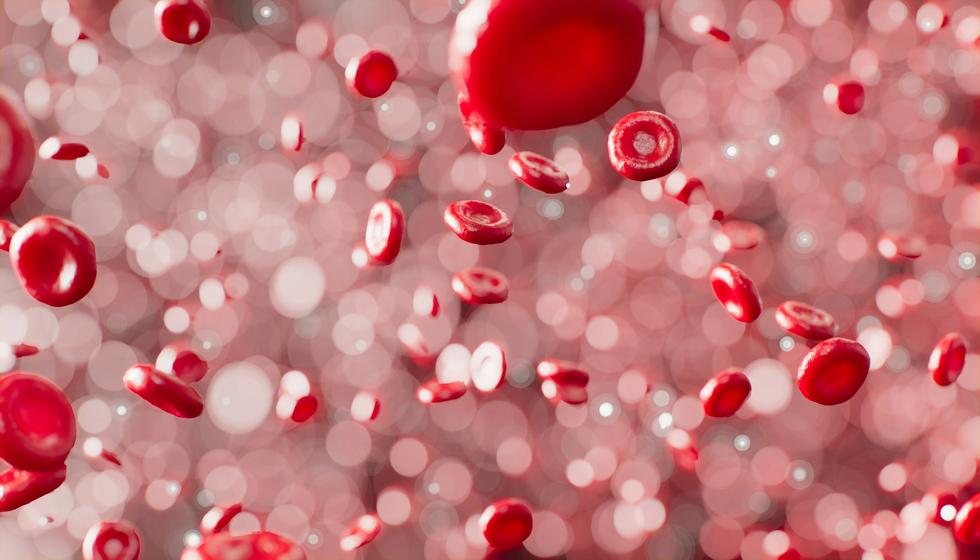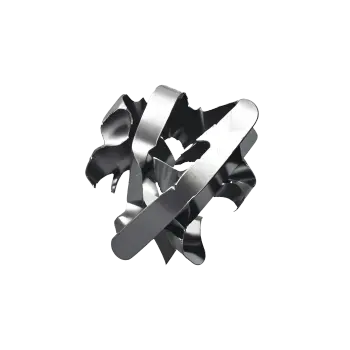Quick version
What is pernicious anemia?
Pernicious anemia is an autoimmune disease that leads to vitamin B12 deficiency. Adequate levels of Vitamin B12 are essential for the body to produce healthy red blood cells. This type of anemia is caused by the inability to absorb vitamin B12 due to a lack of intrinsic factor, a protein produced in the stomach that is crucial for B12 absorption in the small intestine.
Common symptoms of pernicious anemia:- Weakness and fatigue.
- Numbness or tingling in hands and feet (neurological symptoms).
- Difficulty concentrating and memory problems.
- Pale or yellowish skin and eyes.
Here you can read more about symptoms of pernicious anemia.
Treatment:Pernicious anemia is often treated with vitamin B12 injections or high doses of vitamin B12 supplements in tablet form. Treatment may be lifelong as the body cannot produce intrinsic factor on its own in cases of pernicious anemia.
What is iron deficiency anemia?
Iron deficiency anemia is the most common type of anemia and is caused by a lack of iron. Iron is a mineral necessary for the production of hemoglobin. Hemoglobin is the protein in red blood cells that transports oxygen in the body. Iron deficiency can occur due to blood loss, insufficient dietary intake of iron, or problems with iron absorption.
Common symptoms of iron deficiency anemia:- Shortness of breath
- Fatigue
- Cracks at the corners of the mouth
- Brittle nails
- Swollen or sore tongue
- Reduced physical performance
Here you can read more about symptoms of iron deficiency anemia.
Treatment:Iron deficiency anemia is treated with iron supplements in tablet form or intravenous infusion and dietary changes to increase iron intake. It is important to address the underlying cause, such as bleeding. Other common causes of iron deficiency anemia include insufficient dietary iron intake, impaired iron absorption in conditions like celiac disease or after gastric bypass, increased iron needs during pregnancy or puberty, and chronic diseases affecting iron metabolism.
Differences between pernicious anemia and iron deficiency anemia
| Factor | Pernicious Anemia | Iron Deficiency Anemia |
|---|---|---|
| Cause | Vitamin B12 deficiency due to malabsorption. | Iron deficiency due to bleeding, diet, or absorption issues. |
| Common Symptoms | Neurological problems, fatigue, pale skin. | Fatigue, brittle nails, sore tongue. |
| Diagnosis | Measurement of vitamin B12 and intrinsic factor antibodies. | Low hemoglobin and ferritin levels. |
| Treatment | Vitamin B12 injections or high-dose tablets. | Iron supplements and an iron-rich diet. |
Connection between different deficiencies
It is possible to have both iron and B12 deficiencies simultaneously, particularly in cases of chronic diseases or nutritional deficiencies. Folate (vitamin B9) also plays a role in blood formation and can lead to anemia if levels are low.
- Iron deficiency: Can impair overall body function but does not have the same neurological consequences as B12 deficiency.
- B12 deficiency: Can cause irreversible nerve damage if not treated in time.
- Folate deficiency: Can mask a B12 deficiency by partially improving the blood picture without addressing the neurological symptoms.

























